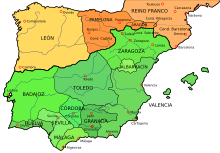01:00 - 18:0018:00 - 21:00
user208178
user208178
user225063
user225063
user225063
user225063
user225063
user225063
user225063
user225063
user225063
user225063
user225063
user225063
user225063
user225063
user225063
user225063
01:00 - 18:0018:00 - 21:00














